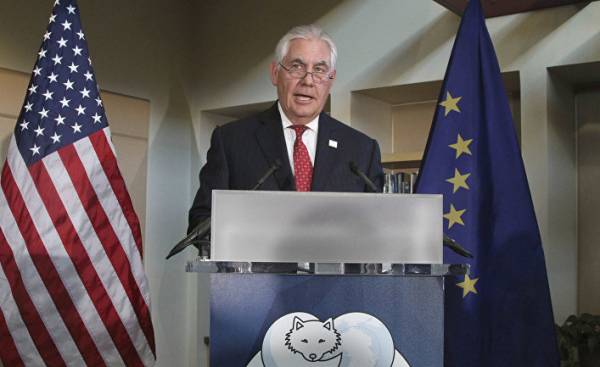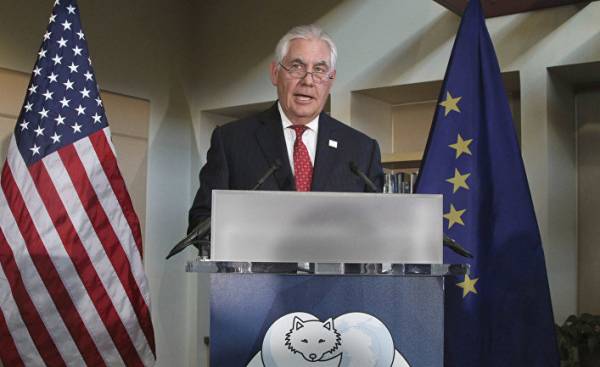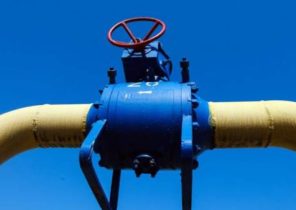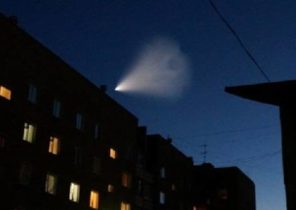
The Minister of foreign Affairs of Canada will join in Thursday to his colleagues from Russia and the United States to discuss in a narrow circle of questions of environmental protection in the North.
However, the talk on the sidelines of the meeting of the Arctic Council, apparently, will be of great interest, given the growing political tensions between the three largest parties.
The Minister of foreign Affairs Chrystia Freeland (Chrystia Freeland), U.S. Secretary Rex Tillerson and Russian foreign Minister Sergei Lavrov are among the eight political representatives gathered for a meeting in the city of Fairbanks, Alaska.
This meeting comes amid growing international instability.
One government source with direct relevance to the summit, said that Canada intends to strictly adhere to the existing agenda, but he acknowledged that will probably be also the possibility of “real conversations” in private on other topics.
The tension in the hall
The ongoing investigation concerning the Russian intervention in the American elections could become a source of friction in Alaska, however, there are also concerns about Canada, which can also occur. Ottawa’s relations with Moscow, of course, did not become warmer after the appointment of Freeland for the post of foreign Minister.
 © AP Photo, Mark Thor USA Rex Tillerson speaks at the opening ceremony of the Arctic Council
© AP Photo, Mark Thor USA Rex Tillerson speaks at the opening ceremony of the Arctic Council
In March, she became the target of a smear campaign launched by Pro-Russian websites, during which it was pointed out her grandfather with Nazi Germany. When they asked her about recent articles, she said that Canada should be ready to Russian attempts to destabilize Canada and its democracy. Even before taking office she became the object of Russian sanctions, and she was denied entry into the country. In 2014 Russia announced a series of sanctions against canadian officials were a response to sanctions by Canada against Russia after its actions in Crimea.
Way Freeland and Lavrov had already crossed paths, but never has it happened in such a confined space.
Rhetoric aimed against the trade
The last time canadian-American relations have greatly changed. After coming to power of Donald trump Ottawa started an intense and stressed friendly propaganda campaign directed to key aspects of relations between Canada and the United States, including trade, continued to prosper. Despite the efforts made, Canada also became the object antitorque rhetoric trump.
One former canadian diplomat calls for Freeland to exchange Frank views privately with the representatives of the other side on some of the contentious issues.
“Often the most important part of the issues not discussed during official meetings… it happens in the corridor, and that such a discussion has value,” said Colin Robertson (Colin Robertson), a former canadian diplomat.
Softwood and hacker attacks
According to Robertson, Freeland should be held in private, Frank discussion with Tillerson to discuss disputes over softwood. Canada threatens to impose numerous restrictive measures in trade in response to the new duties imposed on canadian softwood lumber.
“I think she’d asked you to inform her about the condition of the discussion of this issue,” said Robertson. In his opinion, Tillerson probably wants the same.
Robertson believes that Freeland should also discuss the question about Russian hacker attacks, if she can agree to hold talks with Lavrov in private.
“Britain will soon be holding elections, as well as in Germany, and there, doubtless, there is every indication that the Russian re-arrange their game,’ said Robertson. In my opinion, Canada would have to raise this issue, and it would be appropriate to discuss it in the conversation between the two foreign Ministers”.
Arctic agenda
According to the Ministry of foreign Affairs of Canada, Ottawa will promote several key issues during this meeting, including “the protection of the rights of indigenous peoples”, especially in regard to mental disorders, education and climate change.
According to the statement made, Freeland would be to look for ways to create sustainable Arctic economy, as well as opportunities to support and preserve the “evidence-based decision-making process”.
Whatever political tensions may arise at the summit, Canada, as emphasized by government officials, is very interested in cooperation with all Arctic Nations on issues of mutual interest.







